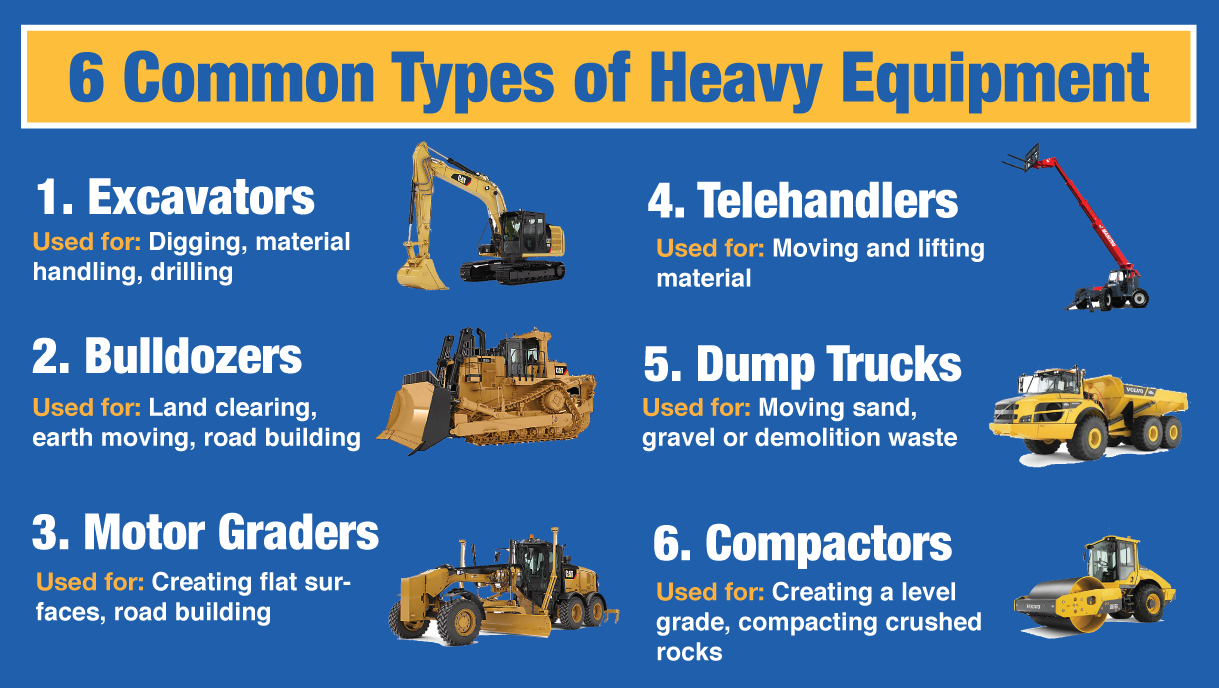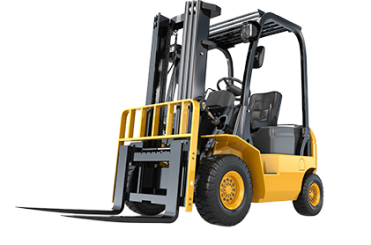Essential Tips for Taking Care Of Hefty Equipment Rental Contracts and Logistics Properly
Properly taking care of hefty tools rental contracts and logistics is crucial for the success of any task that relies on these resources. An extensive understanding of rental terms, combined with exact assessment of equipment demands, lays the structure for desirable arrangements.
Understand Rental Terms
Recognizing rental terms is necessary for successful hefty equipment administration. Experience with the details terms of a rental arrangement can dramatically affect operational effectiveness and cost-effectiveness. Secret components generally consist of rental period, payment structure, and maintenance duties. The rental duration specifies the duration for which the tools is leased, affecting budgeting and task timelines. Settlement structures often differ, including daily, weekly, or month-to-month prices, which necessitate precise computations to stay clear of unanticipated expenditures.
Furthermore, it is vital to understand the maintenance commitments laid out in the agreement. Typically, rental companies preserve the tools, yet recognizing who is in charge of regular checks and repairs is essential to prevent operational disruptions. In addition, terms may consist of stipulations worrying liability for problems or burglary, which can have serious financial effects otherwise effectively recognized.

Assess Equipment Requirements
Assessing tools demands is a critical step for any kind of job supervisor intending to optimize source allocation and boost operational effectiveness. This process involves a complete assessment of the task needs, consisting of particular jobs, timelines, and the kind of equipment required to attain wanted outcomes.
Begin by recognizing the scope of the job and the jobs that will be executed. Think about aspects such as the terrain, the range of procedures, and any type of prospective obstacles that could affect tools selection. Involving with employee who will operate the equipment can offer useful insights right into useful requirements and preferences.

Next, review the ability and abilities of available tools choices. It is vital to match the best devices to the jobs handy, making sure that it can deal with the anticipated work without jeopardizing safety or efficiency.
Furthermore, consider the rental duration and regularity of use. Comprehending these components can help figure out whether acquiring or renting out is the most affordable solution. By performing a detailed evaluation of devices requirements, project managers can make educated decisions that result in enhanced performance and decreased operational costs.
Negotiate Efficiently
As soon as the tools requirements are plainly identified, the following action entails efficient arrangement with rental companies to secure desirable terms. Begin Get More Information by investigating different rental business to recognize their pricing frameworks, inventory availability, and online reputation.
When approaching the arrangement table, be clear regarding your demands, consisting of the sort of devices, rental period, and any type of additional solutions you may need. This transparency allows rental companies to give customized options that can meet your specific requirements (aerial lift rental). Don't think twice to request discount rates, particularly for long-term services or bulk orders, as lots of business agree to supply giving ins to secure larger agreements
Furthermore, take into consideration discussing terms connected to distribution, upkeep, and insurance coverage fees. These elements can substantially influence the total expense and ought to be clearly laid out in the rental arrangement. Ultimately, make sure that all agreed-upon terms are documented in contacting avoid misconceptions and secure your rate of interests throughout the rental period. Effective arrangement not just leads to cost financial savings but likewise develops a positive partnership with the rental business.
Coordinate Transportation Logistics
Collaborating transport logistics is a critical element of taking care of hefty tools rental agreements. Efficient transport makes certain that equipment is provided on time and in ideal problem, thus lessening downtime and enhancing job performance. To accomplish this, it is vital to develop a detailed logistics intend that details the whole transport procedure from pickup to shipment.
Begin by analyzing the certain transport requirements based on the kind and dimension of view it now the tools entailed - rental company near me. Engage with reputable transport suppliers that concentrate on hefty tools to guarantee they have the essential knowledge and equipment, such as flatbed trucks or specialized trailers. Talk about aspects such as weight restrictions, route restrictions, and required authorizations to avoid unforeseen delays
Moreover, maintain open communication with both the rental business and the transportation supplier to work with timetables efficiently. By diligently collaborating transportation logistics, you can promote the stability of your rental agreement and assist in smooth project implementation.
Prepare For Upkeep and Support

In addition, it is critical to connect directly with the rental company pertaining to upkeep duties. Some agreements may include maintenance as part of the rental solution, while in various other cases, the obligation may fall on the occupant. Understanding these terms will certainly aid prevent unforeseen prices and responsibilities.
On top of that, having access to technological assistance can be vital. Ensure that the rental firm supplies 24/7 support or an emergency call, permitting swift resolution of any kind of devices issues. Educating your group on proper tools use and routine checks can likewise considerably enhance functional effectiveness.
Conclusion
To conclude, effective administration of heavy tools rental contracts and logistics hinges on a detailed understanding of rental terms, exact assessment of tools requirements, and proficient arrangement skills. Coordinating transport logistics and planning for upkeep additionally enhance functional efficiency. By carrying out these strategies, companies can minimize risks, control costs, and make sure that projects advance efficiently and within recognized timelines. Highlighting clear communication with all stakeholders continues to be important in navigating the intricacies of tools leasing and logistics monitoring.
Properly managing heavy equipment rental contracts and logistics is essential for the success of any type of project that relies on these resources. By extensively assessing and understanding these rental terms, companies can make educated choices, minimize risks, and ensure that their heavy equipment administration straightens with task objectives and economic restraints.Working with transportation logistics is an essential aspect of handling heavy devices rental contracts.In verdict, try these out reliable monitoring of hefty tools rental contracts and logistics joints on a comprehensive understanding of rental terms, accurate assessment of equipment demands, and experienced negotiation abilities. Stressing clear interaction with all stakeholders stays essential in browsing the intricacies of equipment service and logistics management.